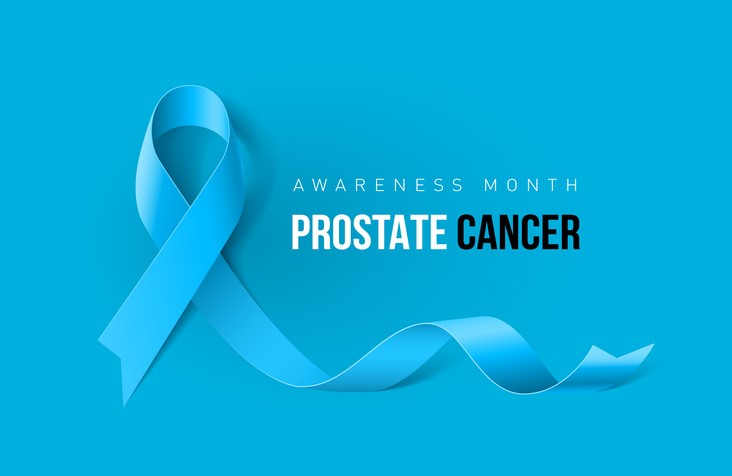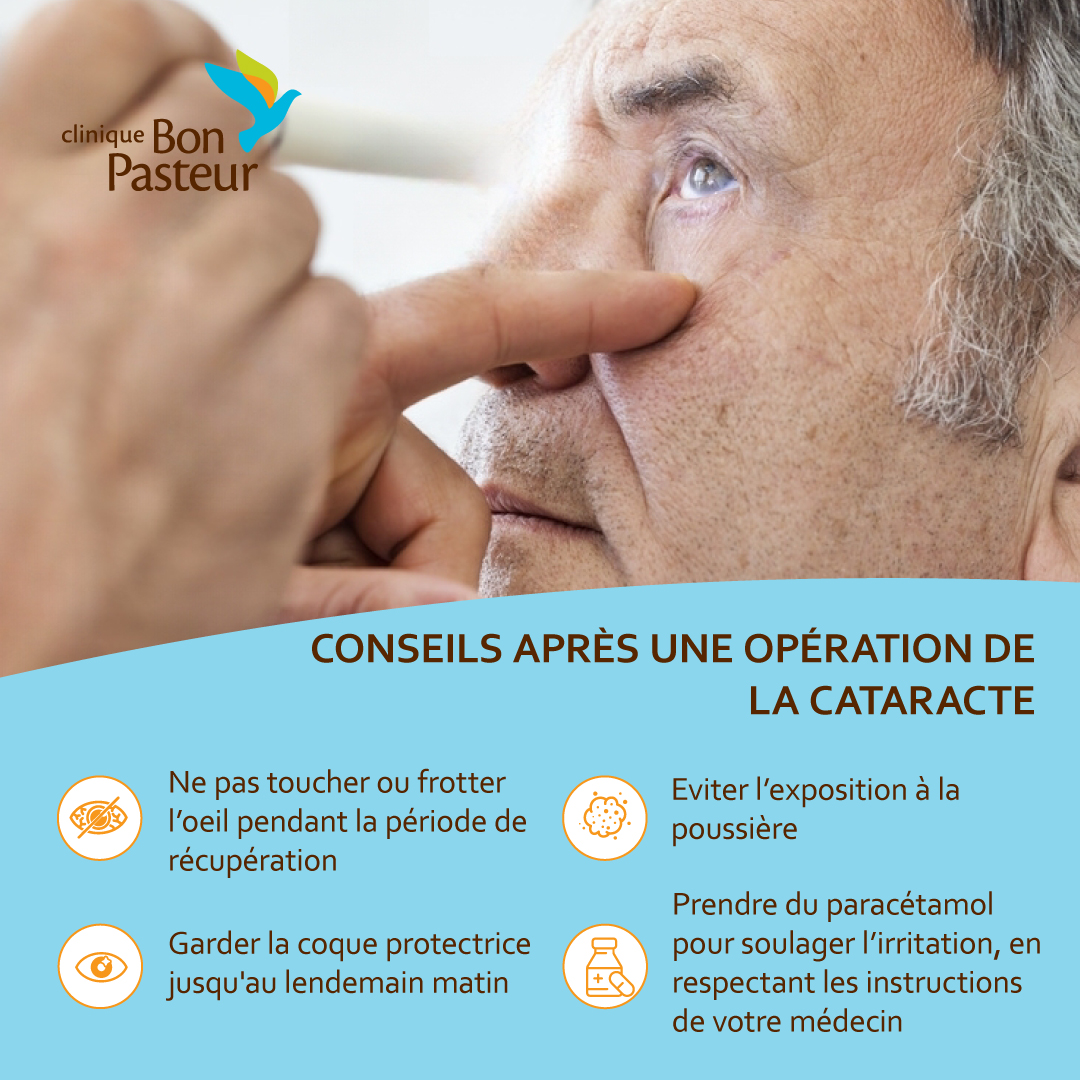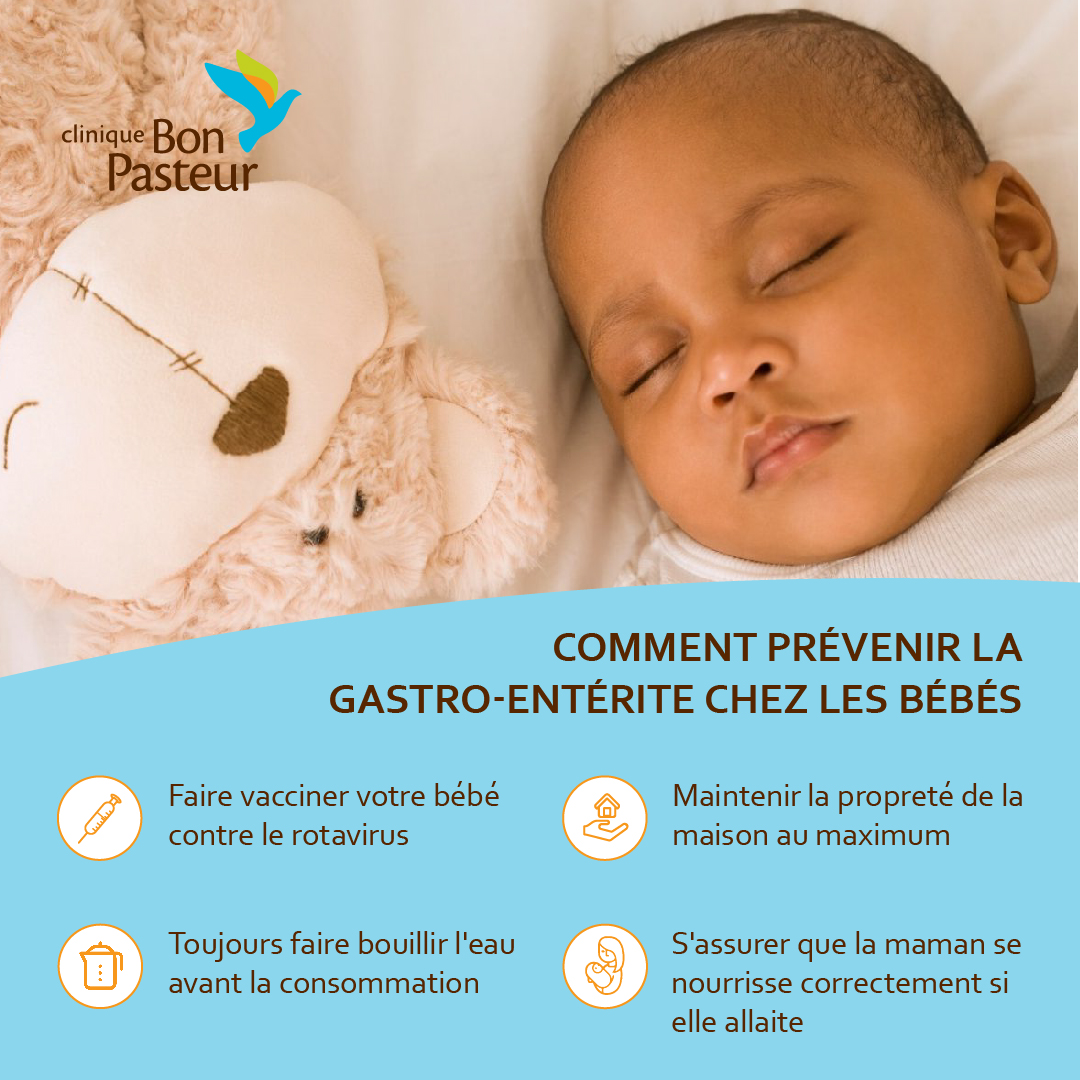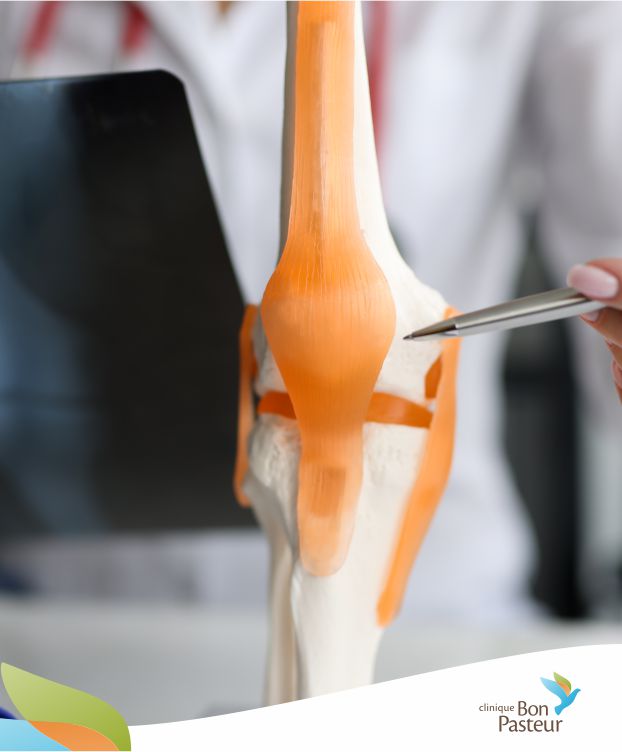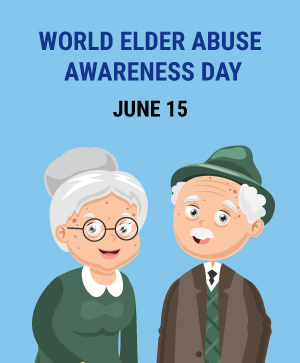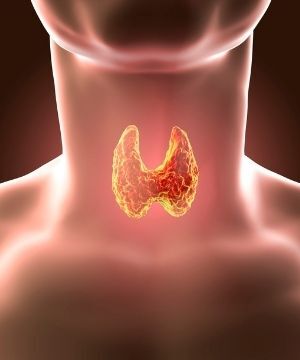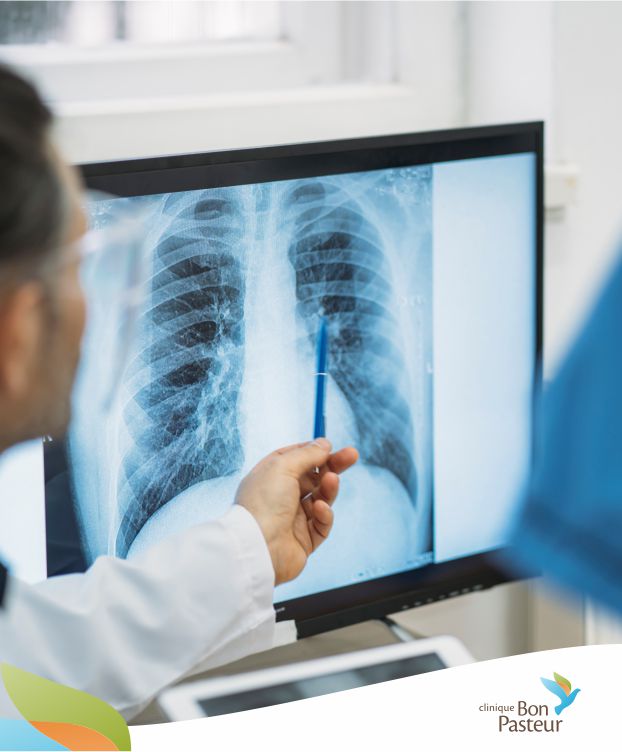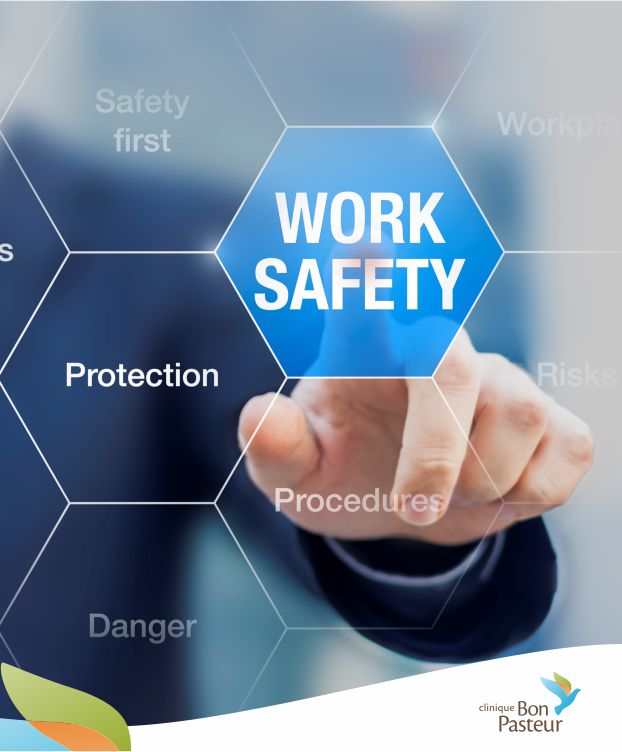Postpartum depression: when the mind is coming apart
August 11, 2022
While the baby blues, which is often associated with postpartum hormonal shifts, is rather common after birth, postpartum depression affects up to 20% of new mothers, the WHO reports. How to explain such phenomenon? What are the signs to watch for? How to cope? We asked Manon Luigi Monty, a Clinical Psychologist.
After experiencing hormonal upheaval and symbiosis with baby for nine months, it is completely normal to feel somewhat confused and even depressed. With fatigue and hormonal drop not helping, we even talk about a feeling of emptiness, which can last a few days or weeks: this is the famously called ‘baby blues’. Irritability, anxiety, vulnerability, sudden mood change, sadness… The symptoms are multiple, but clear up rather quickly.
‘Postpartum depression, however, appears as a real depressive syndrome. There are more symptoms and these are much more severe,’ explains Manon. Frequent unexplained tears, irritability, suicidal thoughts, severe anxiety, exhaustion, apathy, self-depreciation and incapacity to enter the parent role… Unlike the baby blues, such symptoms persist in time and require an actual treatment. Also keep in mind that postpartum depression does not only affect women! Up to 20% of new fathers are said to be also concerned.
Though it is difficult to determine the causes of postpartum depression with certainty, there are many factors, which can contribute to the outset of the disease. They are physical, hormonal, social, emotional, or psychological factors… ‘The arrival of a first child can cause great interior upheavals: an important identity change, grieving processes – of the former lifestyle, of the ideal child, of an idealized form of maternity,’ Manon continues. After a difficult delivery, some mothers may even suffer from post-traumatic stress.
Can one be prepared to it? According to the psychologist, a pre-childbirth follow-up would be necessary for such mothers, who have been feeling insecure since the beginning of their pregnancy, or have already suffered from depression or anxiety before or during pregnancy. Other risk factors, such as breastfeeding difficulty, low self-esteem, marital problems or previous trauma, should also be taken into account. ‘If the postpartum depression is not treated in a timely manner, it may cause father and mother alike, and also the child to suffer, as attachment disorders may develop between child and parent and impair the child’s cognitive, emotional and social development,’ says Manon.
As of the onset of symptoms, a whole process is to be put in place. Psychological counselling will help patients work on their distress and self-image in the aftermath of such an upsetting experience, and wherever appropriate, drug therapy may be used where there is a suicide risk. ‘In absence of psychotherapeutic support, the symptoms caused by the traumas will become incapacitating on a daily basis,’ the psychologist adds. One should not turn in on oneself, but talk about it openly.
If someone seems to present such symptoms in your circle, the first thing to do is to offer support, love, and listen. ‘Such an event must be interpreted as a reminder for the mother to take care of herself, both physically and psychologically. Suffering from postpartum depression does not make you a bad parent. Everyone may need some help sometimes,’ concludes Manon.
If you think you are suffering from postpartum depression, we have a whole team of professionals ready to help you get over it. Do not hesitate to contact them on 401 95 00 or to make an appointment with Manon Luigi Monty on 5 258 44 66.
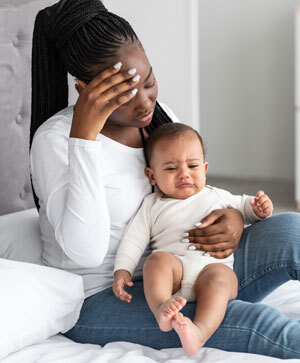
Related Article
